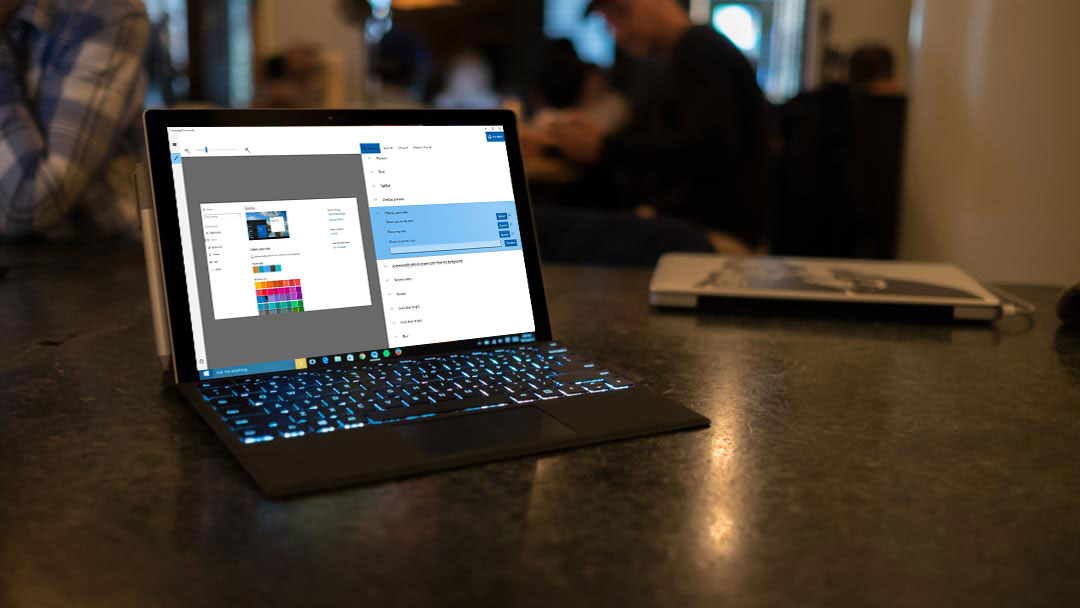Andromeda OS is Microsoft’s big plan to make Windows 10 fully modular

Microsoft’s vision for the future of Windows 10 is to morph the OS into an entirely modular system whereby features can be bolted on (or removed) and tailored specifically to the device the software will be running on.
This is known as Andromeda OS internally at Microsoft, and sources have spilled the beans on the project to Windows Central.
- These are the best free games to play using Windows 10
Rather than having different variants of Windows 10 which are based on the same core aspects, but are still different – like desktop Windows 10, Windows 10 Mobile, or Windows 10 IoT Core – the idea is just to have one version of the OS consisting of components which are fully modular.
Therefore depending on what device the operating system will be used on, components or features can be stripped away or added as necessary. This will allow the OS to be fully customized to the hardware in question, and also fully streamlined with no unnecessary bloat.
The overall idea is to make the operating system far more nimble and able to more swiftly adapt to emerging devices like, for example, wearables – or even entirely new categories of hardware which may turn up in the future.
Mobile first
According to Windows Central, we can expect the first incarnation of Andromeda OS to be focused on mobile devices initially, such as phones and tablets, and possibly even wearables, and it’s expected to be ready at some point next year.
Of course, there is already speculation that perhaps this is the operating system we’ll see on the heavily rumored Surface Phone. Although expecting a new device to pitch up running this OS in 2018 would be wildly optimistic. We’re betting this is going to be arriving much further down the line than that…
Sign up for breaking news, reviews, opinion, top tech deals, and more.
At any rate, this is obviously a sensible direction for Microsoft to be heading in, and it is likely a continuation of work which has been going on for some time post-Windows 7 – although perhaps not under the name Andromeda.
And of course Andromeda OS fits neatly in with the company’s CShell initiative, a new Windows Shell aiming to produce a scalable and flexible UI to work better across a range of devices.
Oddly enough, Google also had a project which went under the codename of Andromeda that we heard had been shelved back in the summer – and it happened to be the company’s big idea to merge Android and Chrome OS. It has apparently been dropped in favor of spiritual successor project Fuchsia.
- How long will it be before Andromeda-flavored Windows 10 graces our best laptops?
Darren is a freelancer writing news and features for TechRadar (and occasionally T3) across a broad range of computing topics including CPUs, GPUs, various other hardware, VPNs, antivirus and more. He has written about tech for the best part of three decades, and writes books in his spare time (his debut novel - 'I Know What You Did Last Supper' - was published by Hachette UK in 2013).